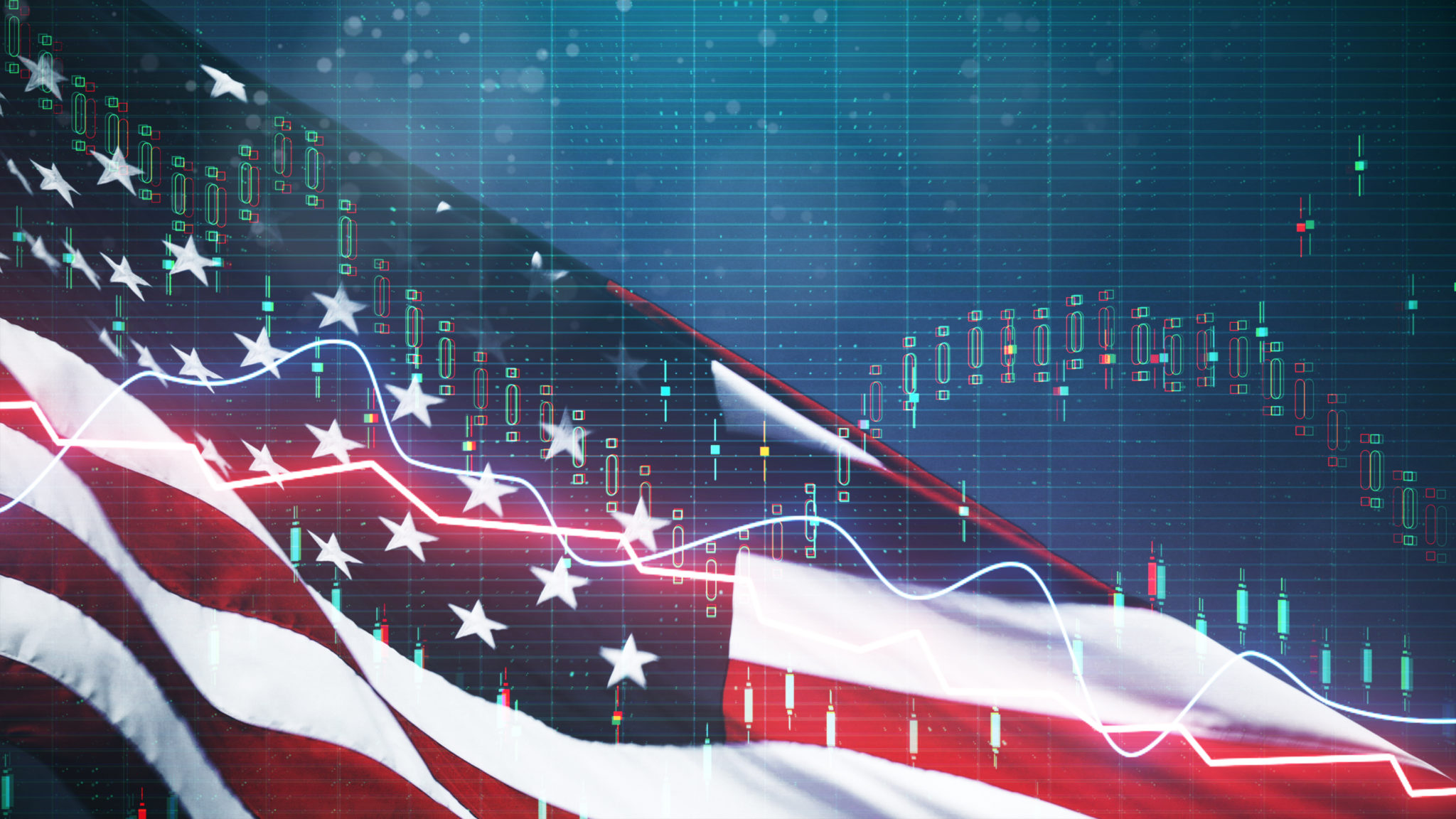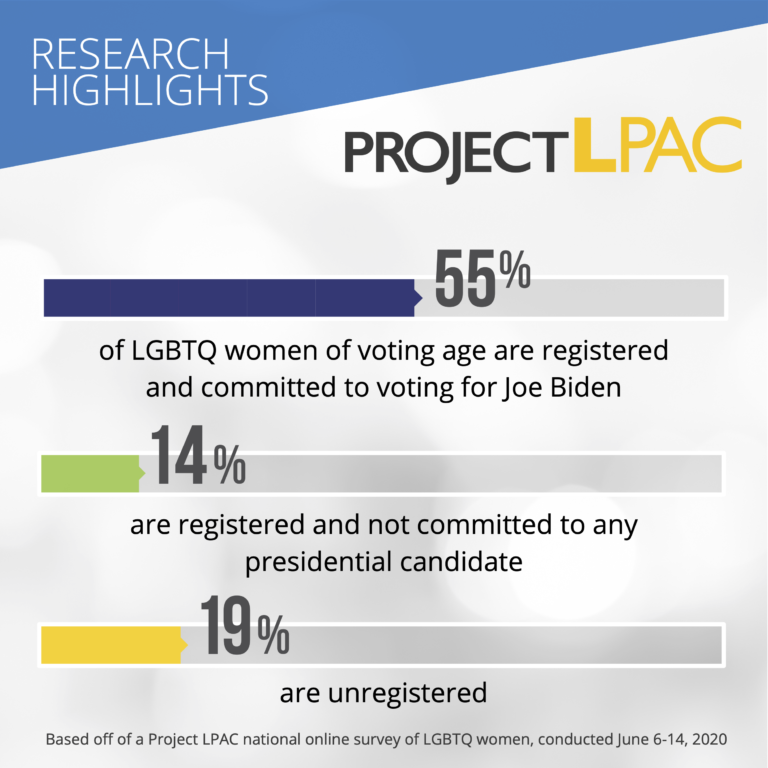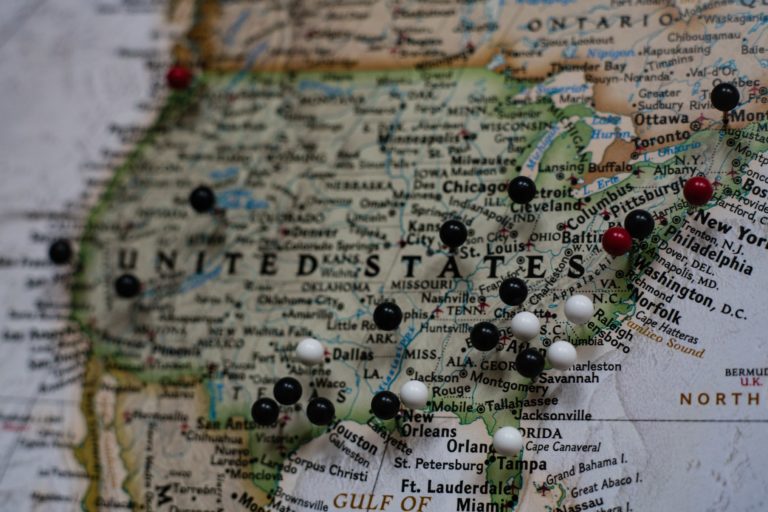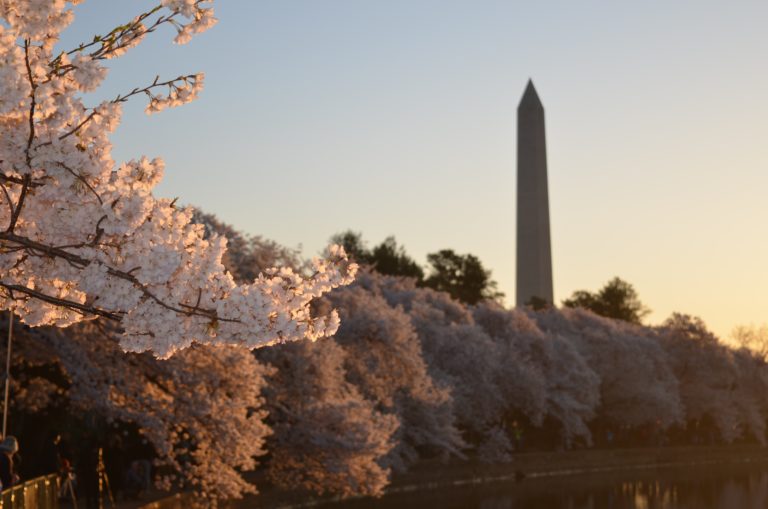Last year, Project LPAC’s foundational research on LGBTQ women’s civic engagement defined the group as…
How the Economy Is Coming into Play with Just Weeks until the Election

As many Americans know from personal experience, the Covid-19 pandemic and related economic shutdown “tore a hole in the U.S. economy….leaving millions out of work, and threatening to push millions more — particularly women — out of the labor force entirely.” Over recent weeks, debates about the state of the economy, the best measures for improving it, and the kinds of leadership needed to make a successful recovery happen have dominated the halls of Congress and the race for the Presidency.
In last week’s Vice Presidential debate between Mike Pence and Kamala Harris, both candidates seemed aware that the economy is top-of-mind for voters. As Mike Pence said, “The American economy — the American comeback is on the ballot.” And both Harris and Pence sought to convince Americans that the economic vision of their ticket is best for the country. In at least one instance, Kamala Harris argued that the Trump administration has mishandled the Covid-19 pandemic and therefore caused the dismal state of the economy, while Mike Pence aimed to make taxes—which he believes to be a beneficial issue for his party—a focal point throughout the debate.
Amanda Hunter of the Barbara Lee Family Foundation pointed out earlier this year that, “the economy is a top issue in every election, and it is often the issue at times like these.” We expect that to hold true over the next few weeks, as Americans continue to confront job loss, challenges to workforce participation due to childcare needs, and anxiety about the future of the country’s economy.
As both Presidential tickets make their economic case, we know from Barbara Lee Family Foundation research that Kamala Harris may have to do more as a woman to prove her economic bona fides, as voters tend to think of the economy as a “man’s issue.” BLFF research indicates that women candidates have historically been presumed to have limited expertise on economic issues such as financial management and budgeting. While research also shows that this perception may be changing, primarily for Republican women, it’s still critical for women candidates to highlight economic experience and savvy as a way to reinforce their qualifications.
And, as we’ve previously covered, the Covid-19 pandemic and its fallout has disproportionately impacted women as well as other marginalized communities. The most recent jobs report put this in stark relief, as over 850,000 women left the work force between August and September (compared to 216,000 men in the same time period). Included in that figure are 324,000 Latinas and 58,000 Black women. While women voters are not a monolith, it’s clear that economic issues and anxiety may be even more prevalent for those bearing the brunt of the current downturn.
With 15 days to go until Election Day, and with voting already underway in much of the country, we’ll be watching to see how the economy is covered by both parties vying for the Presidency, and if sexist standards and stereotypes come into play for Kamala Harris on the campaign trail.






